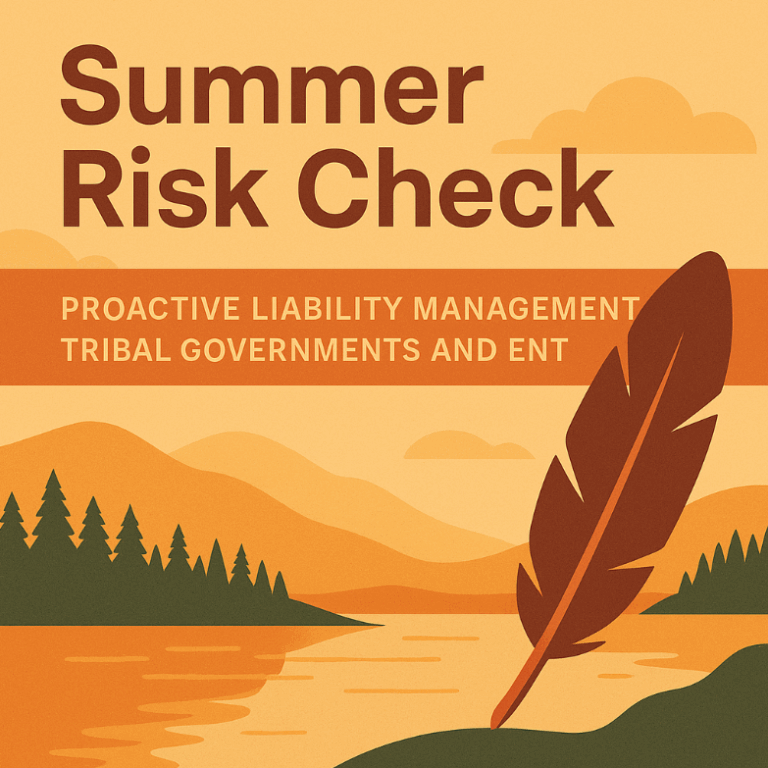Organizations spend significant time and capital trying to understand what makes top talent stay. From culture initiatives and compensation adjustments to remote work flexibility and leadership training, the conversation around retention is evolving quickly. But there’s a missing variable in this equation—one that few employers consider until it’s tested by crisis:
What happens to your top people if they suddenly can’t work?
In today’s landscape, protecting the financial stability of key employees isn’t just a human resources issue—it’s a strategic business imperative. And yet, most organizations have a glaring blind spot when it comes to providing meaningful income protection for their most valuable individuals.
Let’s explore what that gap looks like, why it matters more than ever, and how employers can close it with a modern benefits philosophy centered around supplemental disability coverage.
The New Priorities of Critical Talent
Post-pandemic, professionals in leadership and mission-critical roles are reevaluating what “value” looks like in an employment relationship. It’s not just about titles and raises anymore—it’s about stability, purpose, and trust.
Employees in high-responsibility roles are asking different questions now:
- What kind of protection does my employer offer if I face serious illness or injury?
- Will my family be financially secure if I’m unable to work for a year or more?
- Does the benefits program reflect the actual value I bring to the company?
When these questions go unanswered—or when a closer look reveals inadequate safeguards—employees often explore options elsewhere.
The good news? Employers have the opportunity to address this head-on, and few solutions offer a clearer path than enhancing income protection.
The Limits of Group Disability: A Quiet Risk
While most organizations offer group long-term disability (LTD) insurance, these plans tend to be built for averages—not for outliers. The challenge? Your best people are the outliers.
The typical LTD plan covers 60% of base salary with a monthly cap of $10,000–$15,000. That sounds reasonable—until you factor in the real compensation structures of executives, rainmakers, and senior producers.
Here’s what’s often left unprotected:
- Bonus and commission earnings (which may equal or exceed base salary)
- Salaries above $200,000–250,000
- Deferred comp, equity vesting, and other incentive-based earnings
A senior leader earning $400,000 in W-2 income might only see 30% of that replaced through a standard LTD plan. That’s a far cry from the 60% most assume they’re receiving—and a dangerous assumption to leave uncorrected.
Why More Coverage Isn’t Just a Math Problem
This isn’t just about replacing income. It’s about communicating value and building trust. When an organization insures only part of an employee’s livelihood, it sends a subtle message: We didn’t account for all that you bring to the table.
In a market where your competitors are offering not just compensation, but confidence, failing to protect total earnings can quietly erode loyalty—especially among high performers with options.
Enter IDI: A Modern Layer of Financial Security
Supplemental Individual Disability Insurance (IDI) fills the gap where group LTD coverage falls short. Think of it not as an “extra,” but as a strategic safeguard—a second tier of income protection that reflects the full picture of your compensation strategy.
What Makes IDI Different?
- Covers total income, including bonuses and commissions
- Tailored to individuals, not the group average
- Fully portable, meaning the employee owns the policy—even if they leave
- Custom-designed based on role, compensation tier, or executive class
It’s the difference between a safety net that assumes and one that adapts.
Why the Timing Is Right
With financial stress, market volatility, and personal health awareness at an all-time high, your key people are thinking about what they’d do if life took a turn. Disability events don’t just affect physical health—they derail goals, disrupt family dynamics, and often lead to early withdrawals from retirement savings or major lifestyle reductions.
In this environment, an employer that proactively addresses those fears stands out. Not just for offering protection—but for thinking ahead.
Offering supplemental IDI:
- Signals long-term commitment to high-value individuals
- Aligns benefits with modern total compensation structures
- Adds resilience to executive succession plans
- Helps avoid painful conversations in the event of a claim
Rethinking Retention: It’s Not Just About Raises
Retention has long been treated as a function of compensation reviews and engagement surveys. But in a post-pandemic world, where health and uncertainty are more top-of-mind than ever, protection is the new prestige.
Today’s workforce values employers who:
- Offer stability, not just opportunity
- Invest in long-term wellbeing, not just short-term perks
- Back up recognition with real financial coverage
Supplemental IDI isn’t just about mitigating risk—it’s about designing a benefits program that acknowledges and insures the full value of your people.
What Atria Believes
At Atria, we help organizations build benefits strategies that mirror their values—and reflect the people who make them successful.
We believe income protection is not just a benefit—it’s a message. One that says:
“We see you. We understand your value. And we’ve planned for your future—just as you’ve helped us plan for ours.”
Where to Start
If you’re not sure whether your current disability coverage supports your leadership or top talent, start with these questions:
- What’s the income threshold above which my LTD plan stops being effective?
- Are commissions and bonuses covered?
- Do my high-earning employees know how their disability coverage works?
- Is there a more sustainable way to provide enhanced protection without overloading the group plan?
Let’s have that conversation. Contact Atria to review your income protection strategy and see how IDI could help elevate your retention and risk management efforts.






